Horticulture industry more optimistic about Brexit than other sectors
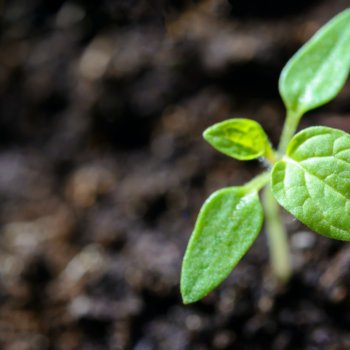
Bord Bia’s Risk Readiness Radar captures the high-level risks facing the industry across key areas such as sustainability, Covid-19, and Brexit
17 June 2021
Horticulture respondents are considerably more optimistic about the impact of Brexit than other sectors. This is according to Bord Bia’s Risk Readiness Radar, which captures the high-level risks facing the industry across key areas such as sustainability, Covid-19, and Brexit.
A total of 128 Irish food, drink and horticulture companies, representing 51% of total exports, took part in the survey, which was conducted over a four-week period in March and April this year.
When asked how optimistic or pessimistic they are about the impact of Brexit, 50% of respondents from the horticulture sector indicated an optimistic outlook.
In general, there has been an increase in optimism towards the risk presented by. Almost 20% of respondents felt optimistic about the impact of Brexit, 9% more than was reported in 2019.
In the report, Bord Bia suggested that optimism in the horticulture sector could be related to the significant progress made regarding Brexit preparedness. A total of 75% of respondents in the horticulture sector said they made major progress in the last year, which Bord Bia said is high compared to the other sectors.
Still, horticulture was found to be the most exposed sector in the Irish food, drink and horticulture sector. A total 100% of horticulture respondents said that over 41% of their turnover is dependent on the UK market. Across the industry as a whole, 18% of respondents said they derive more than half of their sales income from the UK.
When asked how their dependency on the UK changed in the last 12 months, respondents from the horticulture sector reported stable dependency on the UK over the past 12 months. Over 75% of respondents stated that there have been no changes. The remaining 25% experienced a decrease in the UK dependency. Further, 100% of horticulture respondents stated that they were planning to grow sales in the UK in 2020.
Launched by Bord Bia, the in-depth industry analysis captures the level of risk exposures facing the industry, and in turn converts insights into interventions via Bord Bia’s supports and programmes to help industry mitigate defined risks.
All sectors placed Covid-19 as their stand-out top priority risk, with 91% of respondents scoring the trade implications of Covid-19 as either a high or a very high priority. Members of the horticulture industry also identified investing in insight and innovation, and attracting, retaining, and developing talent as their top concerns.
Horticulture has a large challenge attracting talent, which is heavily reliant on migrant labour. Talent challenges have been dialled up since the Covid-19 crisis began, as it has made recruitment more difficult. Consequently, this issue has outweighed sustainability pressures for the sector.
“The Irish food, drink and horticulture industry has had to withstand many shocks over the years,” said Shane Hamill, strategic projects manager at Bord Bia. “While a disruptive event is always an immense challenge for any business, dealing with the consequences inevitably helps businesses to build resilience and be better prepared for the next event. As a result of Brexit preparations, valuable skills in risk management have been learned by the agri-food sector and there is evidence that the industry has been better able to manage the impact of Covid-19 because of the actions it had taken over the past three years.”
“The Readiness Radar builds on the previous work of the Brexit Barometer, which has been assessing industry preparedness for the UK’s departure from the EU since 2017. As with the Barometer, this allows for an informed response from Bord Bia at strategic and granular levels to industry needs. The invaluable insight provided by the Readiness Radar survey will influence Bord Bia’s supports and programmes as we work with industry to navigate the period ahead.”
Bord Bia’s chief executive Tara McCarthy added: “Given our island location on the edge of Europe, Irish manufacturers with a growth focus are export dependent. The estimated value of food, drink and horticulture exports from Ireland for 2019 was €13 billion, capping a decade of extraordinary growth where the value of Irish food and drink exports increased by 67%. This has been achieved through sustained, incremental increases in value and volume across Ireland’s food and drink categories, and across its key export markets.”
“The current scenario posed by Covid-19 and Brexit has created a greater sense of urgency for overcoming any obstacles presented by market diversification. Our whole organisation is reimagining how it can best respond and help position our clients for growth post Covid. Our focus has shifted to providing reassurance to our global customers and consumers, with renewed urgency and vigour, that Irish food and drink is high quality and safety standard, distinctive and committed to sustainable production. Looking at the longer term future, we will provide our clients with world-class consumer insight, tailored supports and customer facing opportunities through ournetwork of overseas offices. In these unprecedented and chaotic times, we are entirely focused on delivering the very best for our clients and in my opinion, the role of Bord Bia has never been more important.”
To view the full report, click here.



 Print
Print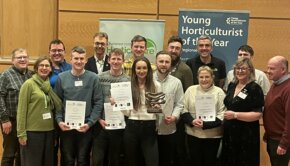
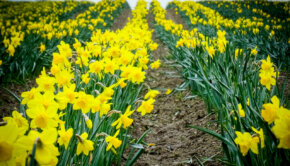

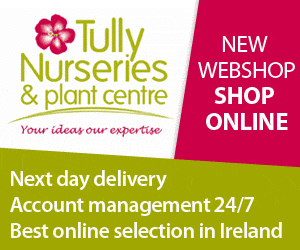
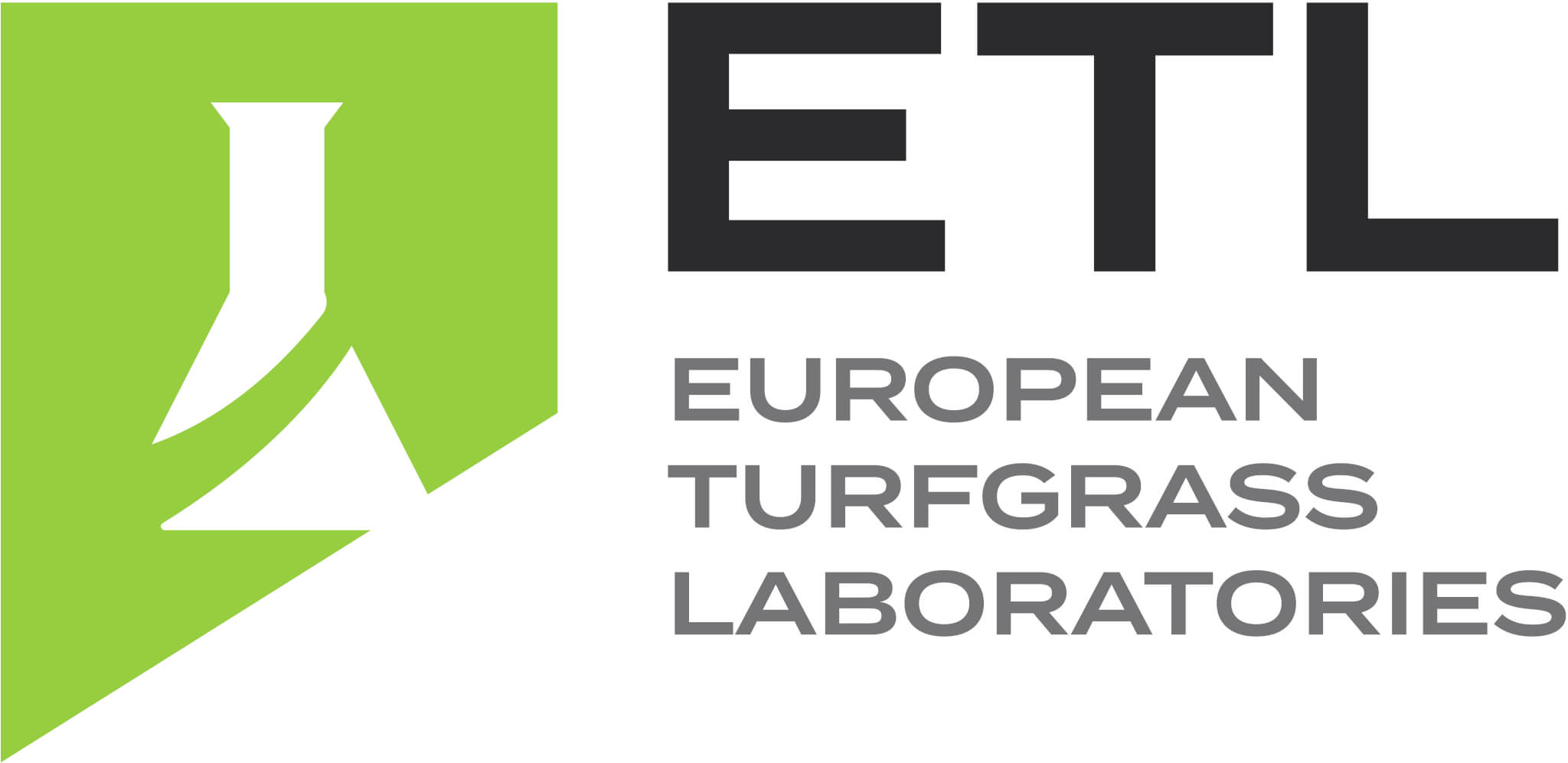
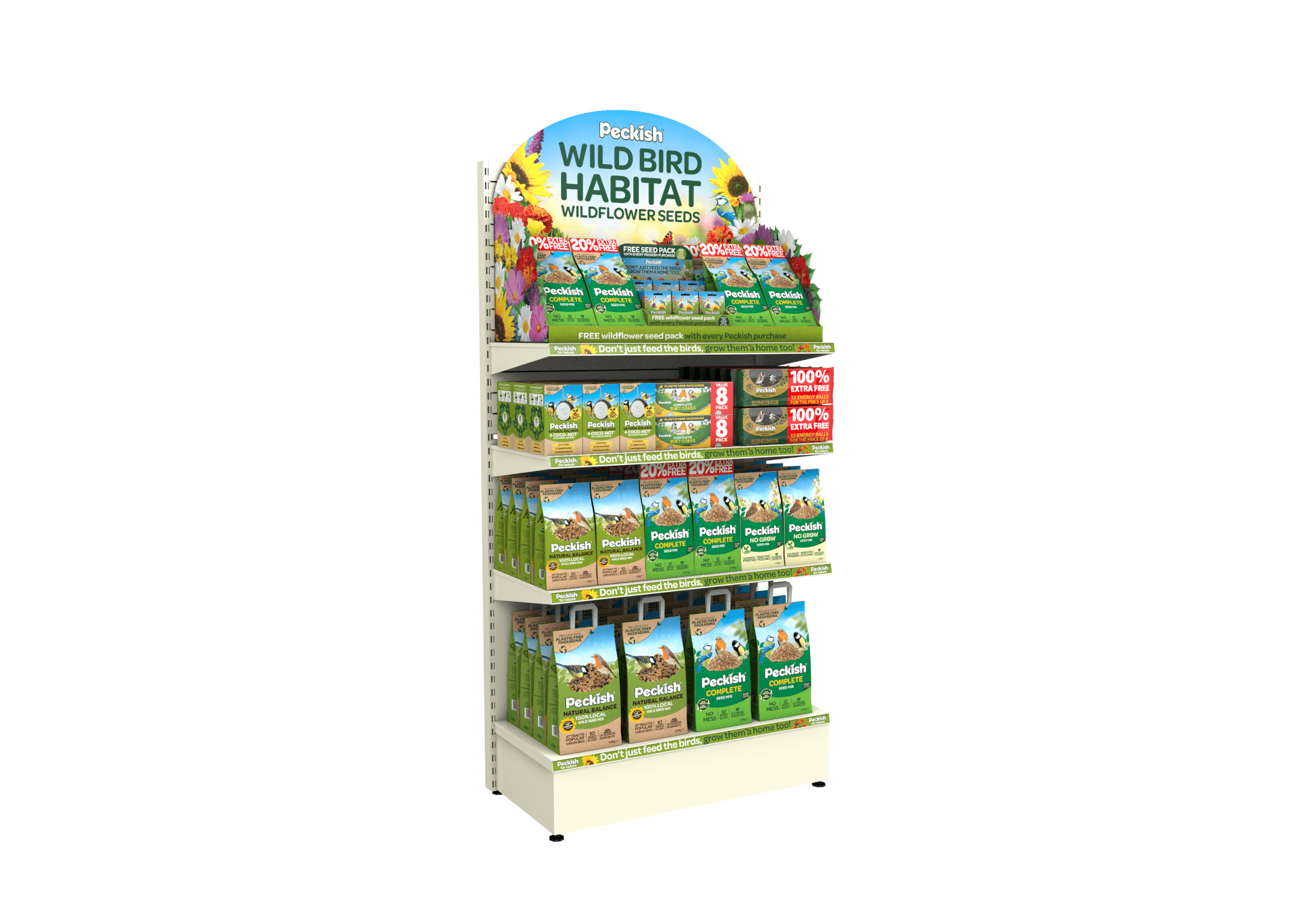
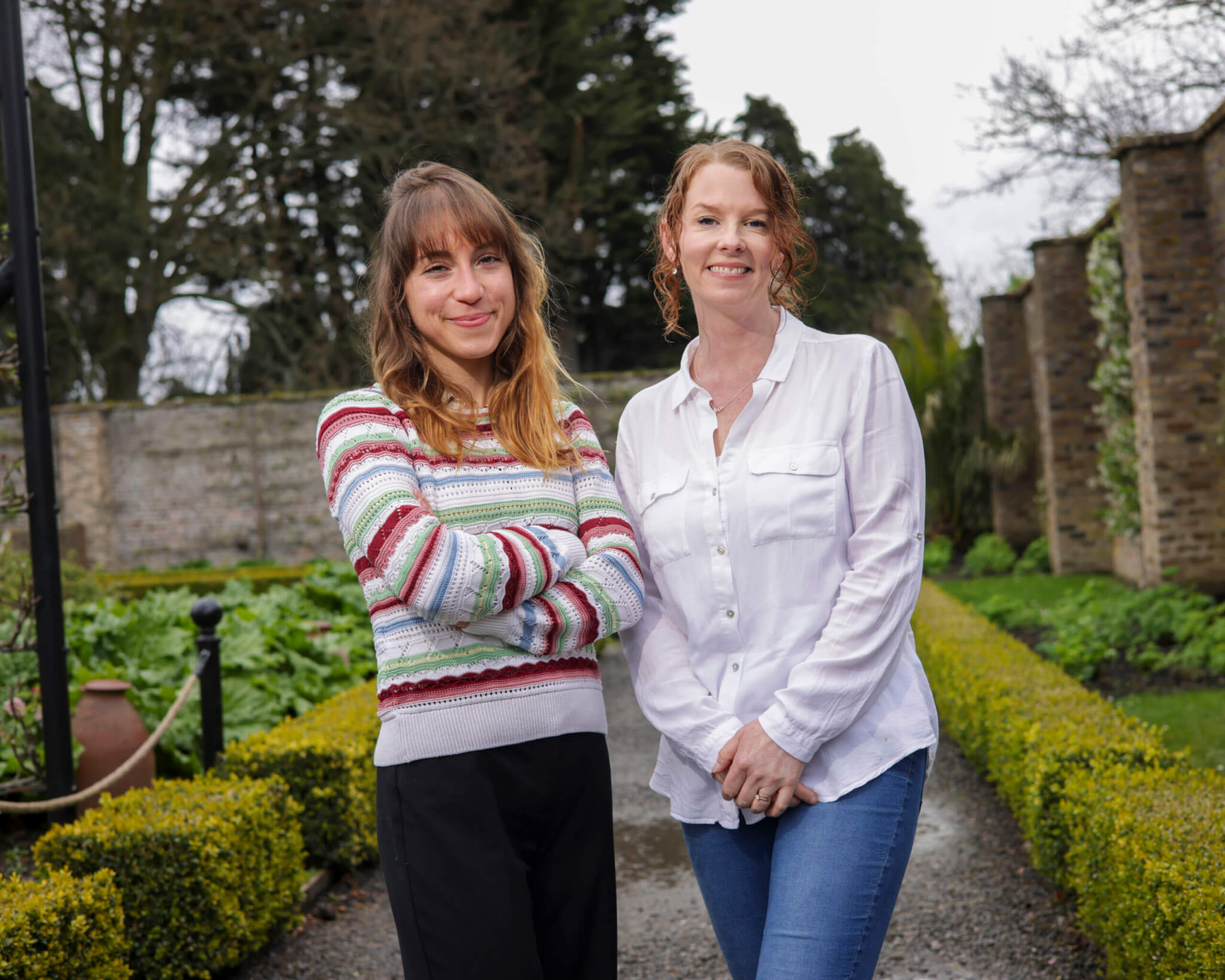
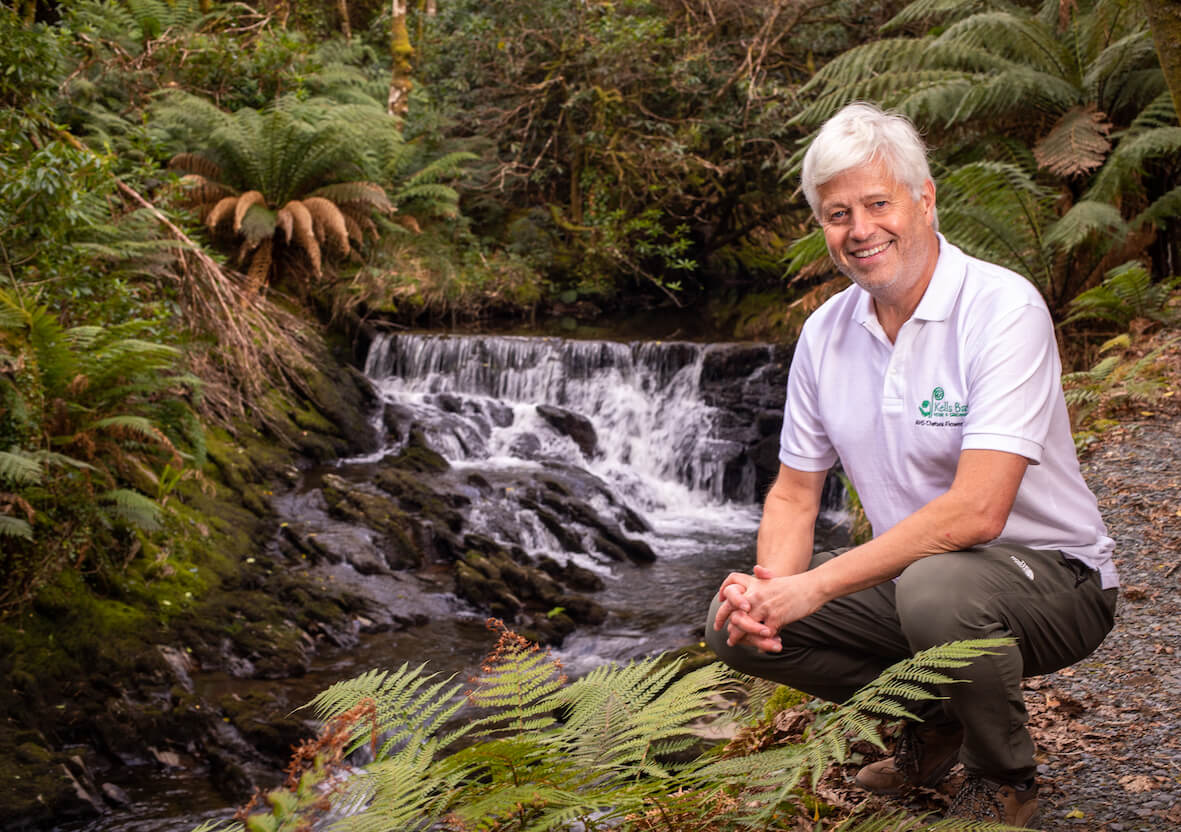
Fans 0
Followers